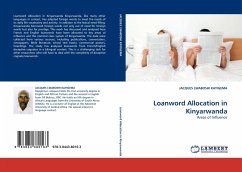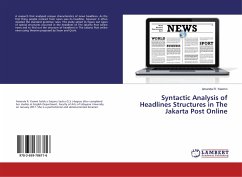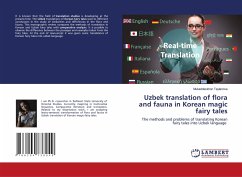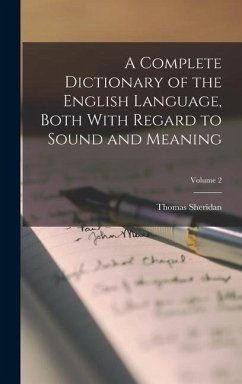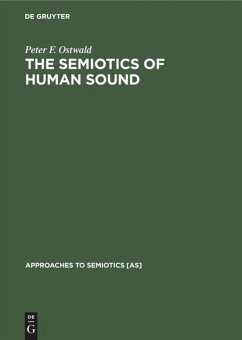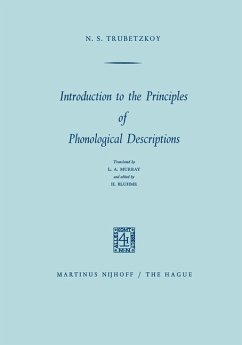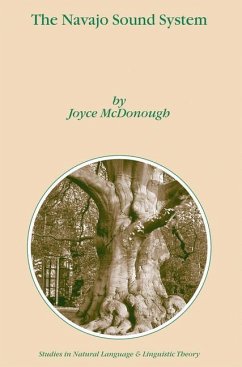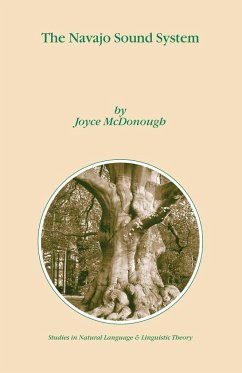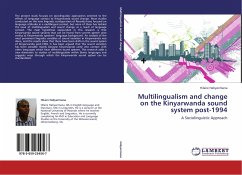
Multilingualism and change on the Kinyarwanda sound system post-1994
A Sociolinguistic Approach
Versandkostenfrei!
Versandfertig in 6-10 Tagen
39,99 €
inkl. MwSt.

PAYBACK Punkte
20 °P sammeln!
The present study focuses on sociolinguistic approaches oriented to the effects of language contact to Kinyarwanda sound change. Most studies conducted on the new linguistic configuration of Rwanda have focused on language attitudes in a multilingual context, but none of them has tackled the issue of multilingualism and sound change as a result of language contact. The main hypothesis expounded in this research is that Kinyarwanda sound variants that can be heard from current speech arise owing to Kinyarwanda speakers language background. An analysis of the most prominent linguistic variables ...
The present study focuses on sociolinguistic approaches oriented to the effects of language contact to Kinyarwanda sound change. Most studies conducted on the new linguistic configuration of Rwanda have focused on language attitudes in a multilingual context, but none of them has tackled the issue of multilingualism and sound change as a result of language contact. The main hypothesis expounded in this research is that Kinyarwanda sound variants that can be heard from current speech arise owing to Kinyarwanda speakers language background. An analysis of the most prominent linguistic variables of sound variation in Kinyarwanda was done, and the results show that there have been shifts in the sound system of Kinyarwanda post-1994. It has been argued that this sound variation has been possible mainly because Kinyarwanda came into contact with other languages which have different sound systems. This research adds a new dimension to studies of multilingualism within Bantu languages and suggests ways through which the Kinyarwanda sound system can be standardized.



